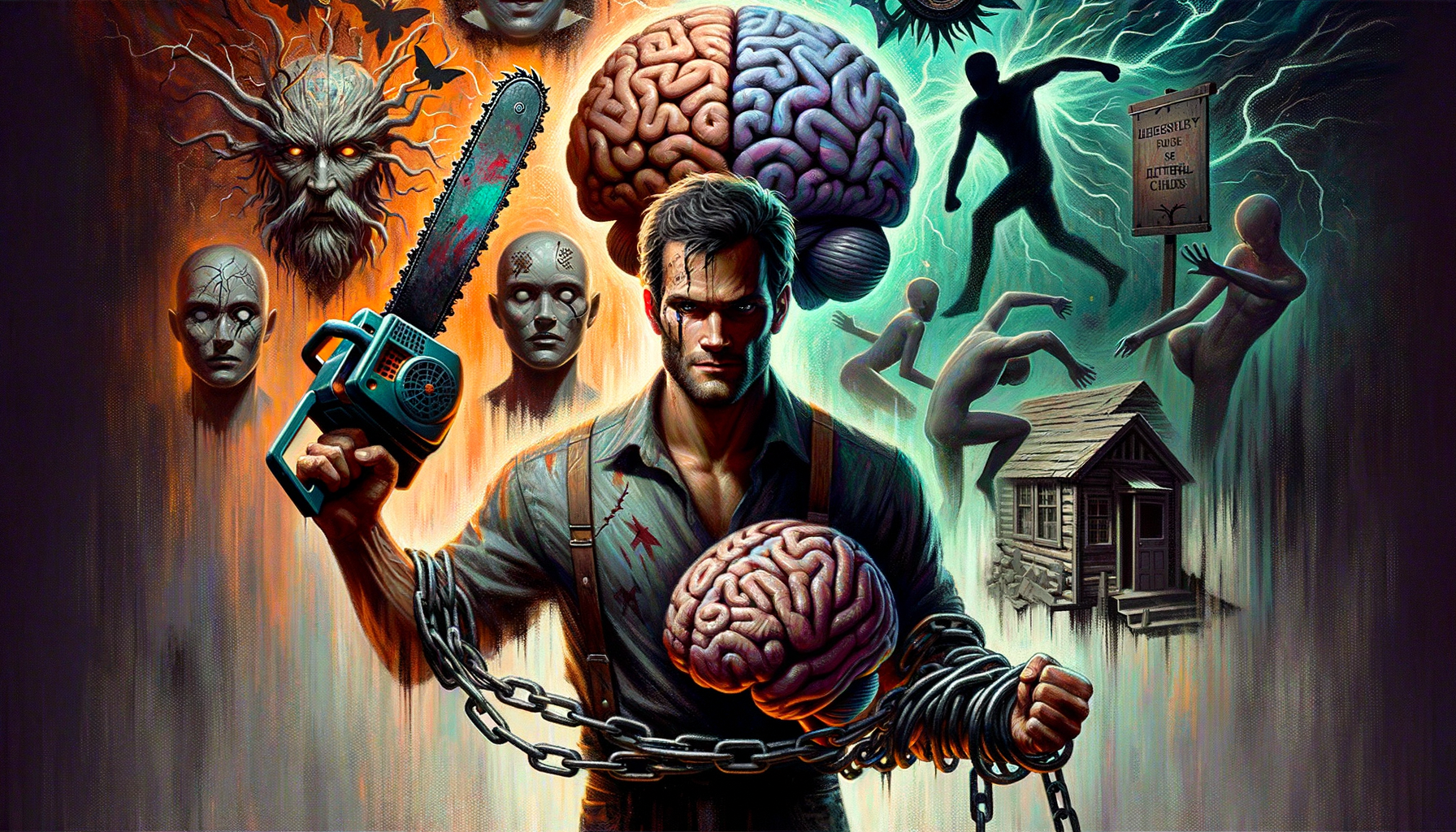Can you believe Mary Shelley wrote “Frankenstein” over 200 years ago? Yet, its themes remain profoundly relevant, especially in the context of mental health. This Gothic masterpiece isn’t just a horror story; it’s a deep dive into the human psyche, dealing with isolation, ambition, and the consequences of playing god. In this article, we’ll explore what Frankenstein can teach us about mental health in 2024. Let’s embark on a journey that bridges literature and psychology, offering valuable lessons for our well-being.
Key Mental Health Lessons from Frankenstein
Isolation and Its Psychological Consequences
Let’s delve into the theme of isolation and its psychological consequences as portrayed in Mary Shelley’s “Frankenstein.”
Social Isolation: Victor Frankenstein’s self-imposed exile is a prime example of how isolation can deteriorate one’s mental state. He becomes so engrossed in his experiments that he withdraws from friends, family, and society. This detachment leads to an array of mental health issues, including anxiety, depression, and an overwhelming sense of guilt.
Monster’s Loneliness: On the flip side, the Creature experiences profound loneliness. Desperately searching for companionship and acceptance, he is met with fear and rejection at every turn. This persistent isolation fuels his anger and despair, leading him down a path of vengeance and violence.
Modern Parallels: The experiences of Frankenstein’s characters mirror many of today’s mental health issues related to isolation. Whether it’s the impact of social media, remote work, or global pandemics, the modern world presents numerous challenges that can lead to feelings of isolation and its subsequent psychological effects.
Ambition and Mental Well-being
Next, let’s explore how ambition affects mental well-being.
Unhealthy Obsession: Victor’s relentless pursuit of knowledge serves as a cautionary tale. His obsession with creating life consumes him to the point of neglecting his own health and relationships. This tunnel vision ultimately leads to his mental and emotional downfall.
Balance and Boundaries: The key takeaway here is the importance of setting healthy limits in one’s ambitions. Striving for success is commendable, but not at the expense of one’s mental health. Balance and boundaries are essential to maintaining well-being.
Case Studies: Modern examples abound where ambitious pursuits have adversely affected mental health. From burnout in high-pressure jobs to the psychological toll of academic overachievement, the need for balance is more relevant than ever.
Responsibility and Guilt
The themes of responsibility and guilt are also central to Frankenstein’s narrative.
Victor’s Regret: Victor is haunted by the crushing guilt of creating the Creature. His initial excitement and ambition give way to regret and remorse as he grapples with the consequences of his actions.
Burden of Secrecy: Keeping the monstrous secret of the Creature’s existence adds another layer of psychological torment for Victor. The burden of secrecy exacerbates his feelings of guilt and isolation, further eroding his mental health.
Accountability Today: These lessons on responsibility and mental health are incredibly pertinent in contemporary society. Acknowledging one’s actions and their impact on others is crucial for mental well-being. Taking responsibility can be a path to healing and self-acceptance.
Empathy and Human Connection
Empathy and human connection are vital themes that resonate throughout the story.
Lack of Empathy: The Creature’s suffering is magnified by society’s rejection and lack of empathy. This lack of understanding and compassion contributes to his tragic fate.
Developing Compassion: On the flip side, the narrative underscores how understanding and empathy can significantly improve mental health. Compassionate interactions can mitigate feelings of isolation and foster a sense of belonging.
Application in Real Life: Strategies for fostering empathy and connections in daily interactions include active listening, open-mindedness, and genuine concern for others. These practices can enhance both personal well-being and societal harmony.
Identity and Self-Acceptance
Finally, let’s examine the themes of identity and self-acceptance.
Creature’s Identity Struggle: The Creature’s search for self in a world that shuns him is a poignant exploration of identity. His struggle for acceptance and understanding highlights the importance of self-acceptance in the face of external rejection.
Victor’s Identity Crisis: Victor’s experiments lead to a fragmented sense of self. His identity becomes entangled with his creation, causing inner turmoil and confusion.
Modern Insights: Today, the role of self-acceptance in maintaining mental health is widely acknowledged. Embracing one’s true self, flaws and all, is essential for psychological well-being.
Conclusion
Mary Shelley’s “Frankenstein” provides a goldmine of insights into mental health, drawing attention to issues like isolation, ambition, responsibility, empathy, and identity. By reflecting on these themes, we can gain a deeper understanding of our psychological well-being and apply these lessons in our lives. If you found these insights valuable, consider diving deeper into literature for more timeless mental health lessons. Remember, the stories we read can profoundly influence our minds and hearts. Don’t forget to share your thoughts in the comments below!




